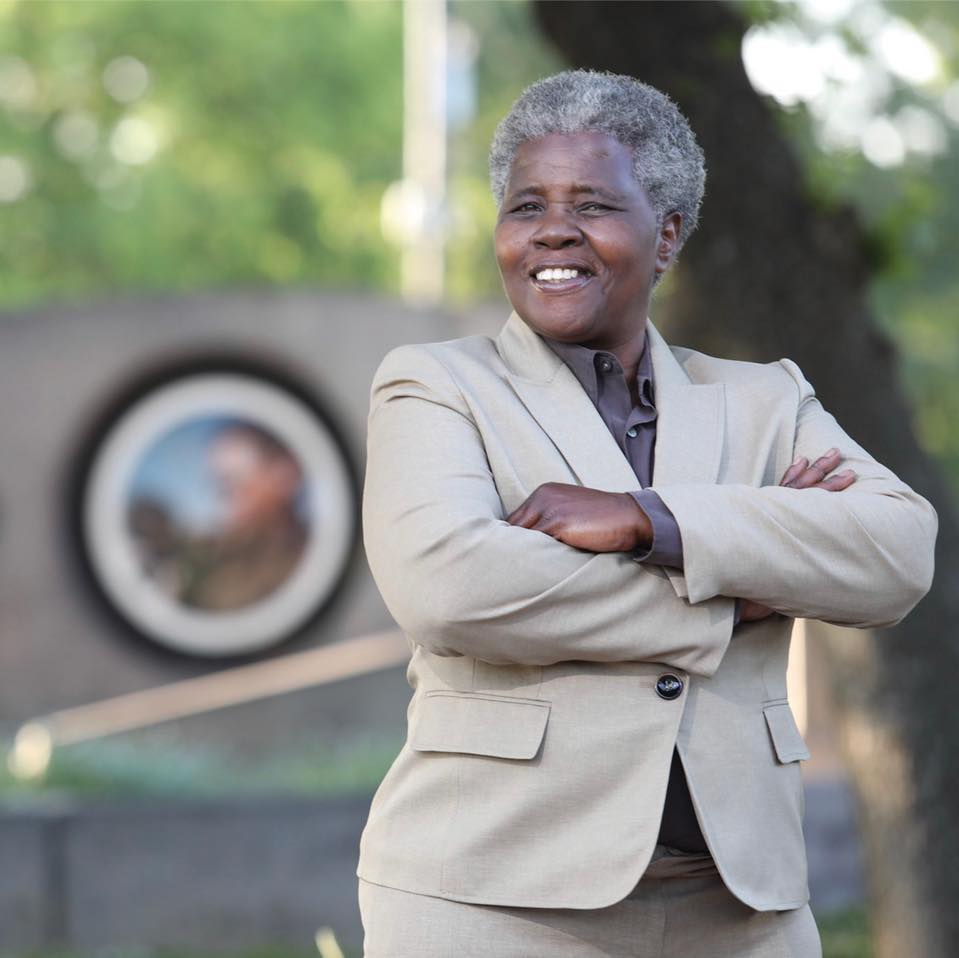We will finally get a runoff election in District B.
An appeals court ruled early Tuesday that Houston did not err when it declined to disqualify a District B city council candidate who had a felony conviction, clearing the way for a long-delayed runoff in the district.
Renee Jefferson-Smith, the third-place candidate in the race who filed the lawsuit, said she does not plan to appeal the ruling, which would effectively end the nine-month dispute.
“I am pleased with the court’s decision and I pray that Cynthia Bailey and Tarsha Jackson remain safe as they continue on with their campaigns to become the next City Council Woman for District B,” Jefferson-Smith said in a statement.
“It’s been long enough and the District deserves to know who will represent them. My family and I are truly excited about the opportunity to move forward and focus on what’s ahead in our lives.”
It is not yet clear when an election can be held. Attorneys involved in the case said they believe it will return now to the lower court, where visiting judge Grant Dorfman can order a new election date. In February, he ordered a May 2 election, which was derailed amid appeals.
One wrinkle is that the Texas Election Code mandates the runoff be held on the same day of the week as the original election, which was a Saturday, according to Assistant Harris County Attorney Doug Ray. That would mean the District B race cannot go on the Nov. 3 ballot, he said.
See here for my previous update. The law in question is quiet clear, mandating that a runoff election that was delayed by an election contest must be held on the same day of the week as the originally scheduled runoff. I hate the idea that this election can’t be held on the same day in November that everyone will be voting anyway, but I don’t know what can be done about it, other than Judge Dorfman saying “screw it” and daring someone to challenge him.
The central question of the case is whether Bailey, who finished second and qualified for the runoff with Jackson, is eligible for office despite her felony conviction.
Jefferson-Smith, who finished third and missed the runoff, had argued she is not. Jefferson-Smith filed two lawsuits seeking to have Bailey removed from the runoff ballot.
The Court of Appeals for the First District of Texas, like others that have handled the case, did not address directly the question of Bailey’s eligibility. A state statute says candidates cannot have felony convictions from which they have not “been pardoned or otherwise released from the resulting disabilities,” but it does not define that phrase, which has led to varying interpretations and enforcement.
Instead, the court addressed Jefferson-Smith’s claim that the City of Houston erred in administering the election by failing to declare Bailey ineligible. Her team had sent the city a packet of documents, after the election but before the vote was certified, proving Bailey was convicted.
A trial court judge said the packet did not conclusively prove Bailey was ineligible because it did not say whether she had been pardoned or otherwise released. (Bailey has argued she is released because she completed her sentence.)
In a decision posted after midnight, the three-justice panel of the First Court of Appeals agreed.
“Because the documents that Jefferson-Smith presented to the Mayor’s Office in connection with her Demand for Administrative Declaration of Ineligibility present a fact question—whether Bailey has been pardoned or otherwise relieved of her disabilities—that the Mayor had no authority to resolve, the Mayor had no ‘duty imposed by law’ to declare Bailey ineligible and made no ‘mistake’ in declining to do so,” Chief Justice Sherry Radack wrote.
Candidates who run for office in Houston check a box on their application form swearing they have not been finally convicted of a felony. The city verifies they have checked the box but does not vet their accuracy.
I’ve read the decision, and while it’s pretty dry and technical, it’s easy enough to understand. The takeaway I got from it is that Jefferson Smith might have prevailed had she taken somewhat different actions, but given what she did do, it wasn’t enough to meet the requirements of the law. I suppose it’s possible the Supreme Court could have seen it differently – for what it’s worth, the panel that ruled on the case was two Republicans and one Democrat – but Jefferson Smith ultimately chose to end her pursuit, and for that I thank her. Now let’s get this election scheduled. Houston Public Media has more.


